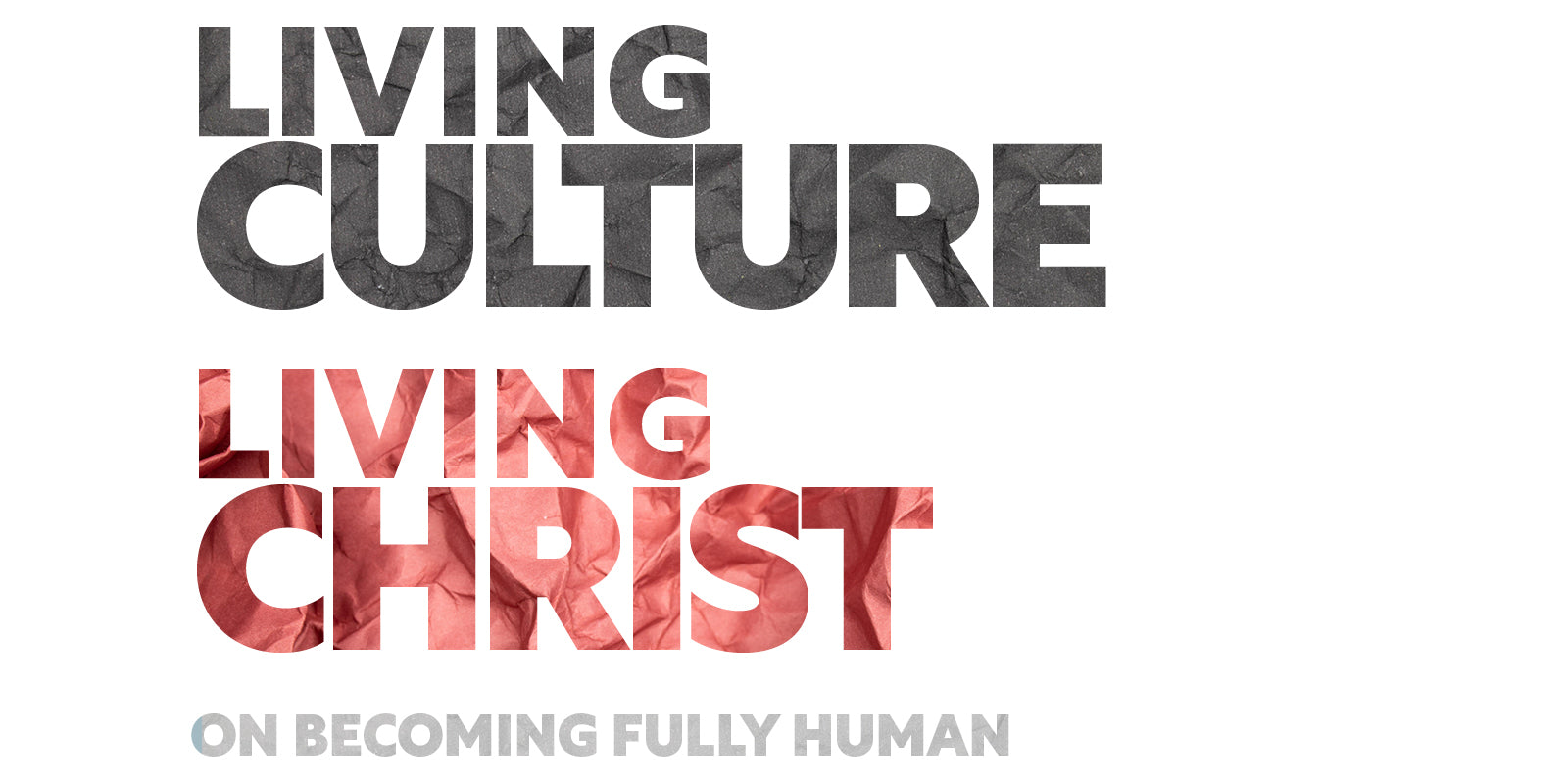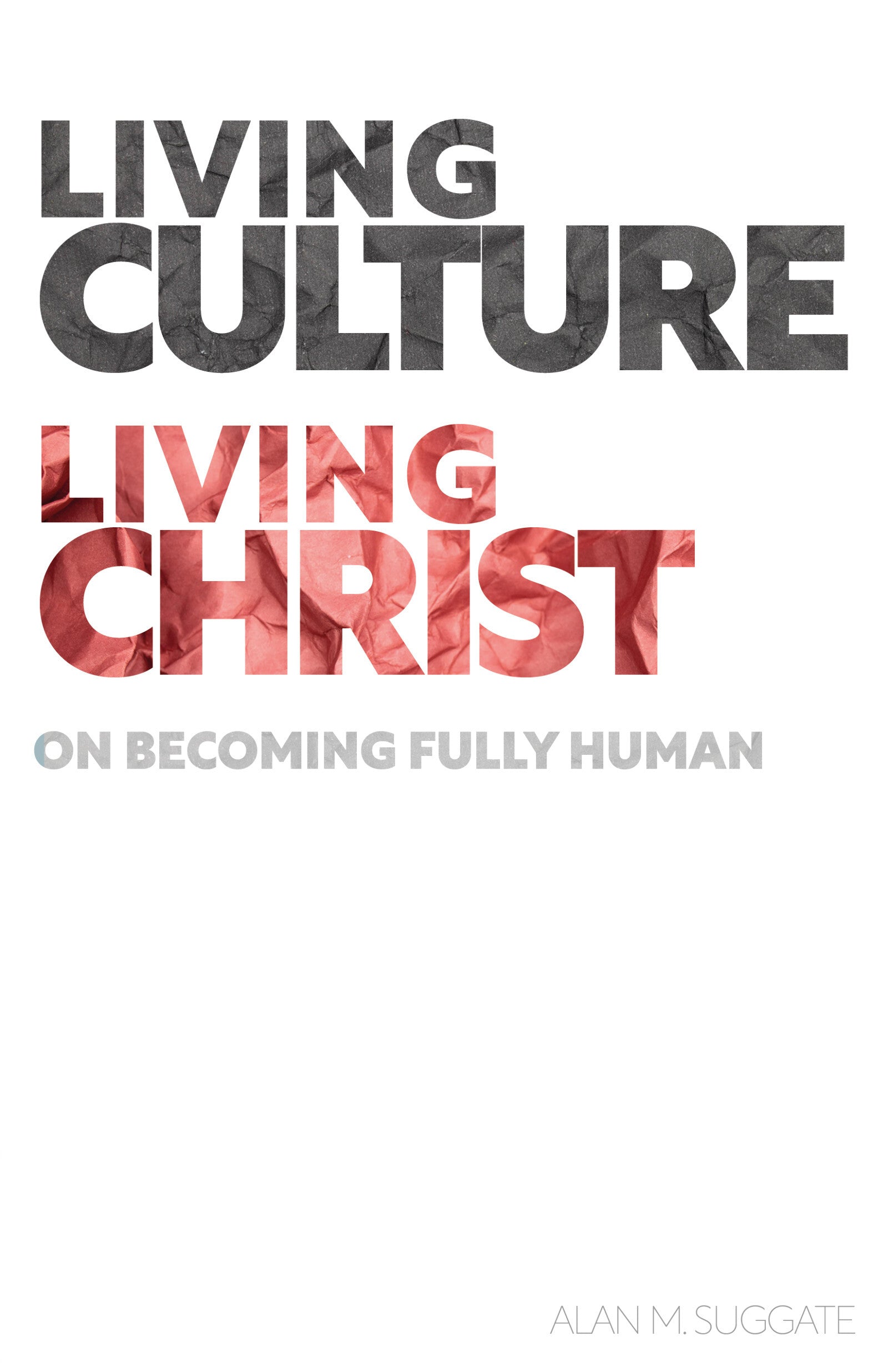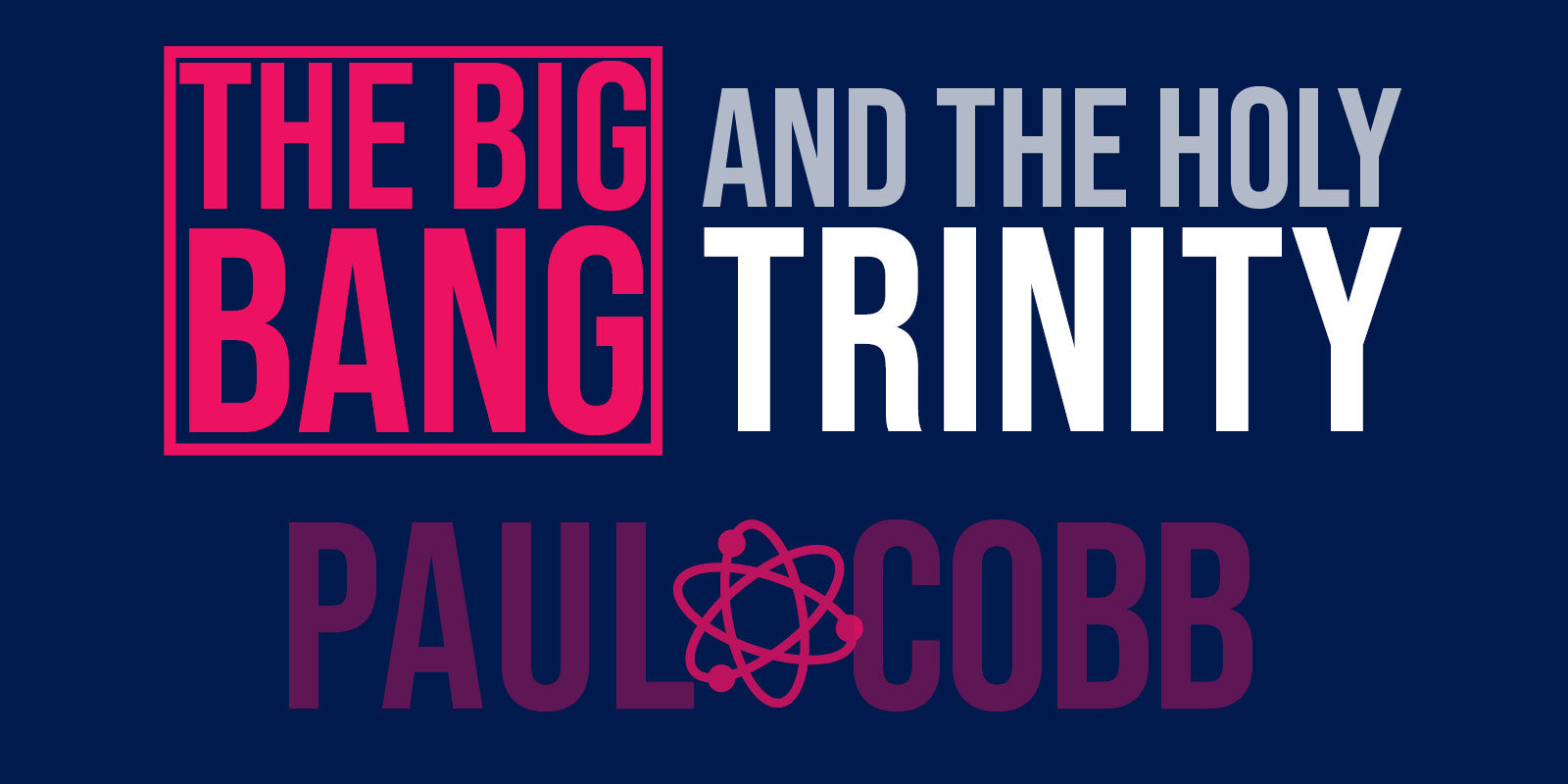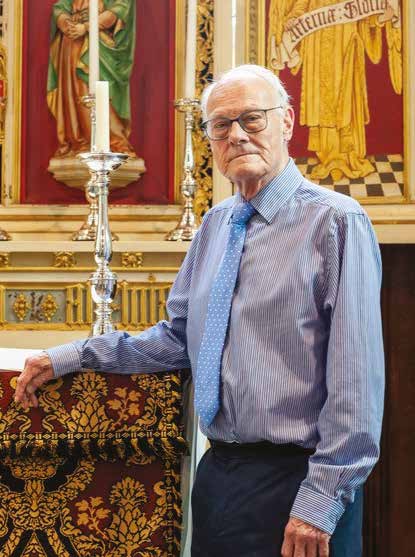GUEST BLOG: author Alan Suggate talks us through the thinking behind his new book, Living Culture, Living Christ.
For four decades our culture has experienced deepening division and distrust, made all the worse because we are scarcely aware of our predicament. Impersonal science (including the social science of economics) and technology dominate the public arena, trumpeting just two values: freedom and utility. All other values are left to free individual choice, and so are beyond rational debate – a position known as emotivism.
beyond rational debate – a position known as emotivism.
As a result, the capitalist market has been elevated from contestable ideology to obvious truth. Thus Gavin Williamson, when Secretary of State for Education, forbade schools to use any book critical of capitalism. Meanwhile politics is on the one hand treated simply as the handmaid of capitalist economics, and on the other degraded into populist power games in the quest for party dominance and the winning of every general election. The day when Sue Gray’s Partygate report was published the BBC sent a reporter to Wakefield, where a by-election was pending. In a bingo hall a lady aged about 60 was interviewed. She said that she had no problem with Boris Johnson: he had won power in 2019, and she fully expected him to do whatever he liked, and good luck to him. Thus spoke Vox Pop. It was a remarkably accurate comment on the behaviour of the Prime Minister – and a hair-raising trashing of our democracy, where Parliament, within a constitutional framework, is meant to represent everyone in the pursuit of the common good, and that good is to be endlessly discussed in a rational manner in innumerable forums up and down the land. For politics is properly the servant of society and culture.
Jonathan Sumption, a former Supreme Court judge, expressly accused the government of deriving its legitimacy directly from the people, bypassing their elected representatives, and cavalierly disregarding the limits of its legal powers. “Authoritarian rulers sustain themselves in power by appealing to the emotional and irrational in collective opinion. The British public has not even begun to understand the seriousness of what is happening to our country.”
The prospects are that we shall remain mired in what I call the twinning of technocracy and emotivism, which feed off and mutually reinforce one another. So it is a cultural problem – which the government has been exploiting. In the wake of COP26 and the mounting climate emergency, we desperately need a whole set of transitions, not only out there in the natural environment, but above all in our own mindset. We need to reject the adage ‘Leave it to the market’ and ditch the trivialising delusion that we are individuals entitled to the first thought or feeling that occurs to us, passive consumers entitled for ever to ‘feel good’ in an entertainment culture. We are rather to be active citizens in a vibrant Parliamentary democracy and rich culture.
The narrative or story which has had us in thrall for at least the last forty years needs to be replaced by a new narrative which will carry conviction to the hearts and minds of ordinary people. And it is indeed emerging. The answers lie not in the brains of individuals, but in a life in common with others. This will largely entail the retrieval of a humanistic culture centred on flesh-and-blood persons, individual and social and embedded in nature.
Technocracy-emotivism induces the prodigious dropping of all values down the ‘memory hole’, except for freedom and utility. In contrast, at the very foundation of any remedy will lie the answers to four questions, all saturated in value: Who are we as persons? How do we relate to the natural environment? What is to count as knowledge? What is to be reckoned as rational? These questions can be thrashed out simply on the basis of our experience of life itself, without recourse to explicitly religious frameworks. I delve into writers in the last hundred years, from many sources, to show how such discussion has been conducted and still is today, by reviewing the practice of our social relations, the sciences, and the arts, including music. All involve attention to our status as humans and our capacity for creativity.
I then turn to the historical performance of Western Christianity, by entering into dialogue with Jeremy Lent, who firmly believes that its record gives no hope of a solution to our predicament. He has much evidence on his side. I highlight its proneness to dualisms of varying intensity. Christians have often assumed that Jesus came preaching individualism, so that the faith is addressed to individuals to convert them and save their souls, and only indirectly, if at all, to societies and cultures. They are therefore prone simply to capitulate to the modern demand in liberal secular states that religious people leave their faith in a private limbo when they enter the public realm, where the currency must be rationality alone. Yet ‘rationality’ is itself a highly contested matter, and in any case the fundamentals of the Christian faith rule out evacuating the public realm as if it had nothing to do with God. I present the Christian faith as involving all people and all things in a drive towards unity-in-diversity.
The particular form of Christianity which I commend is called ‘integralist’, and it underlay much of the thinking of the Second Vatican Council. But its roots are happily evident in the outlook of the undivided Church of the first five centuries. The second half of Living Culture, Living Christ is therefore devoted to setting out those roots, showing how they have sustained the worship of the church through the ages, and how they shape the imagining and living out of the faith. Christians need to be in constant dialogue, ecumenically, inter-religiously and inter-culturally, in a never-ending quest for us to be guided into all truth, by the God who created all and is drawing all into a unity in Christ.
Alan M. Suggate is a classicist, theologian and Anglican. From long experience, he draws together his reflections on our culture and the Christian faith. You can get your copy of Living Culture, Living Christ here!











